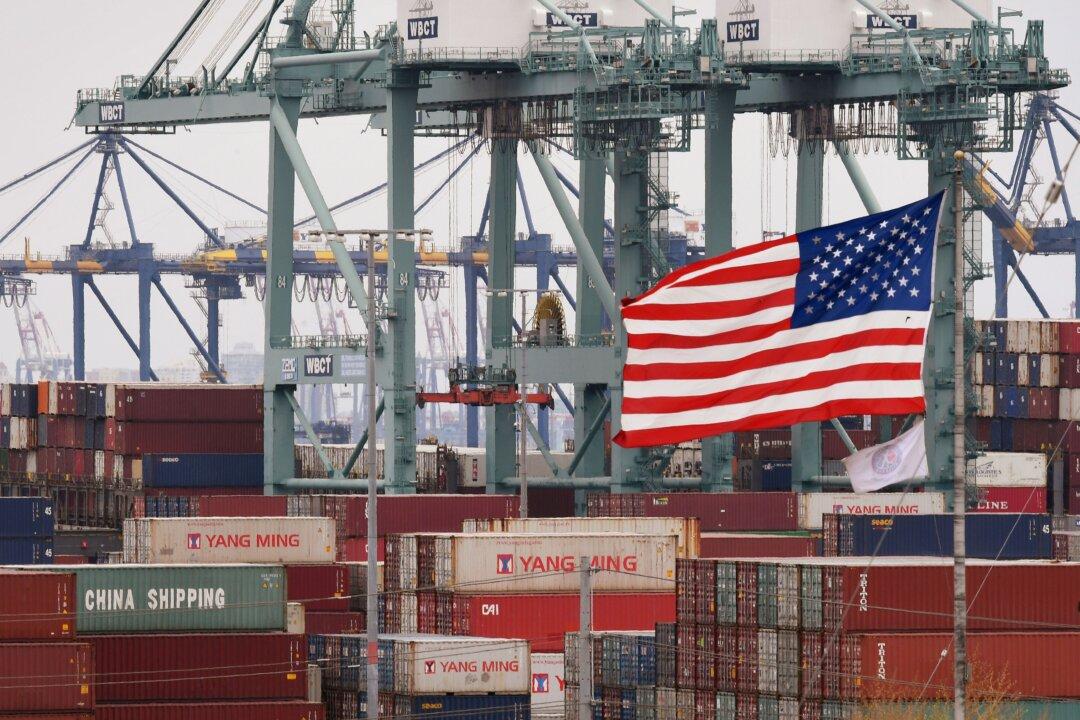Optimism remains high among small business owners across the nation despite recent doom-and-gloom economic forecasts, according to the National Federation of Independent Business.
“In spite of the success we continue to see on Main Street, the manic predictions of recession are having a psychological effect and creating uncertainty for small business owners throughout the country,” NFIB President and CEO Juanita Duggan said in a Sept. 10 press release. “Small business owners continue to invest, grow, and hire at historically high levels, and we see no indication of a coming recession.”





